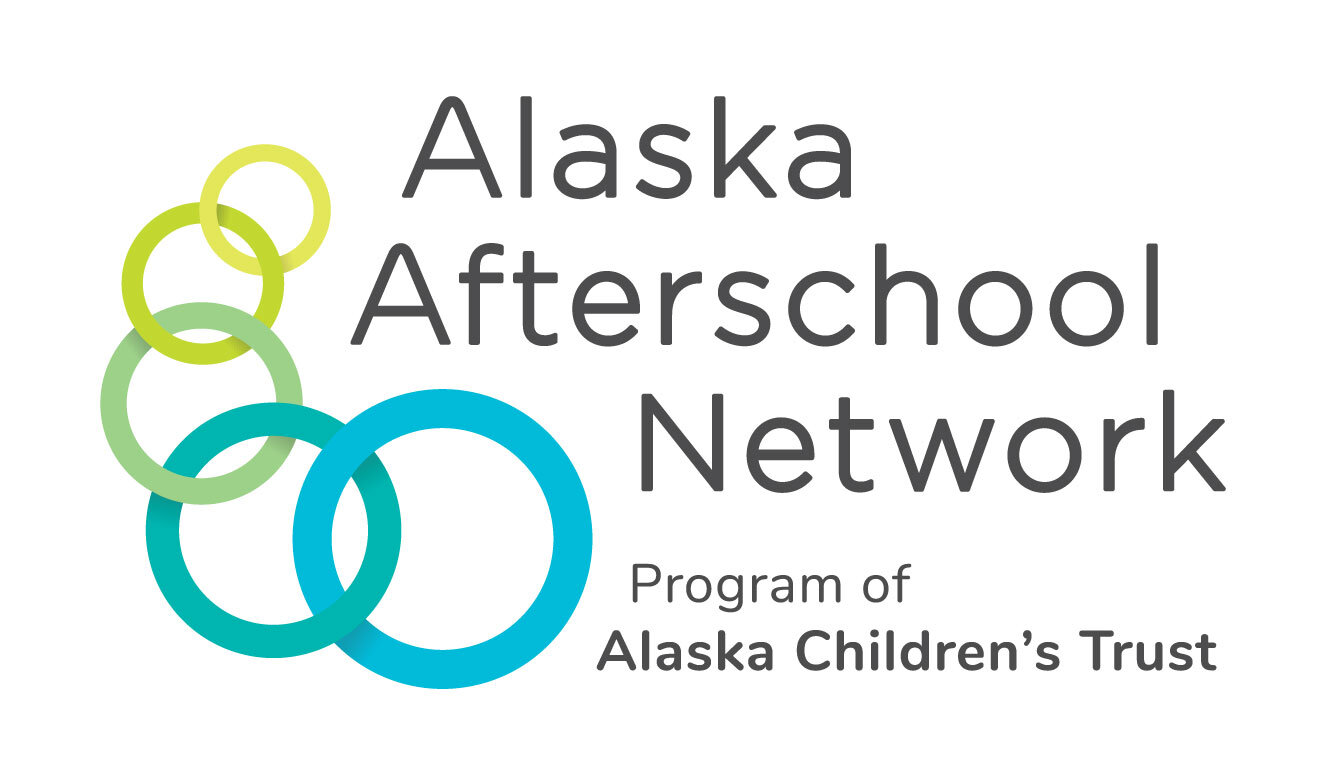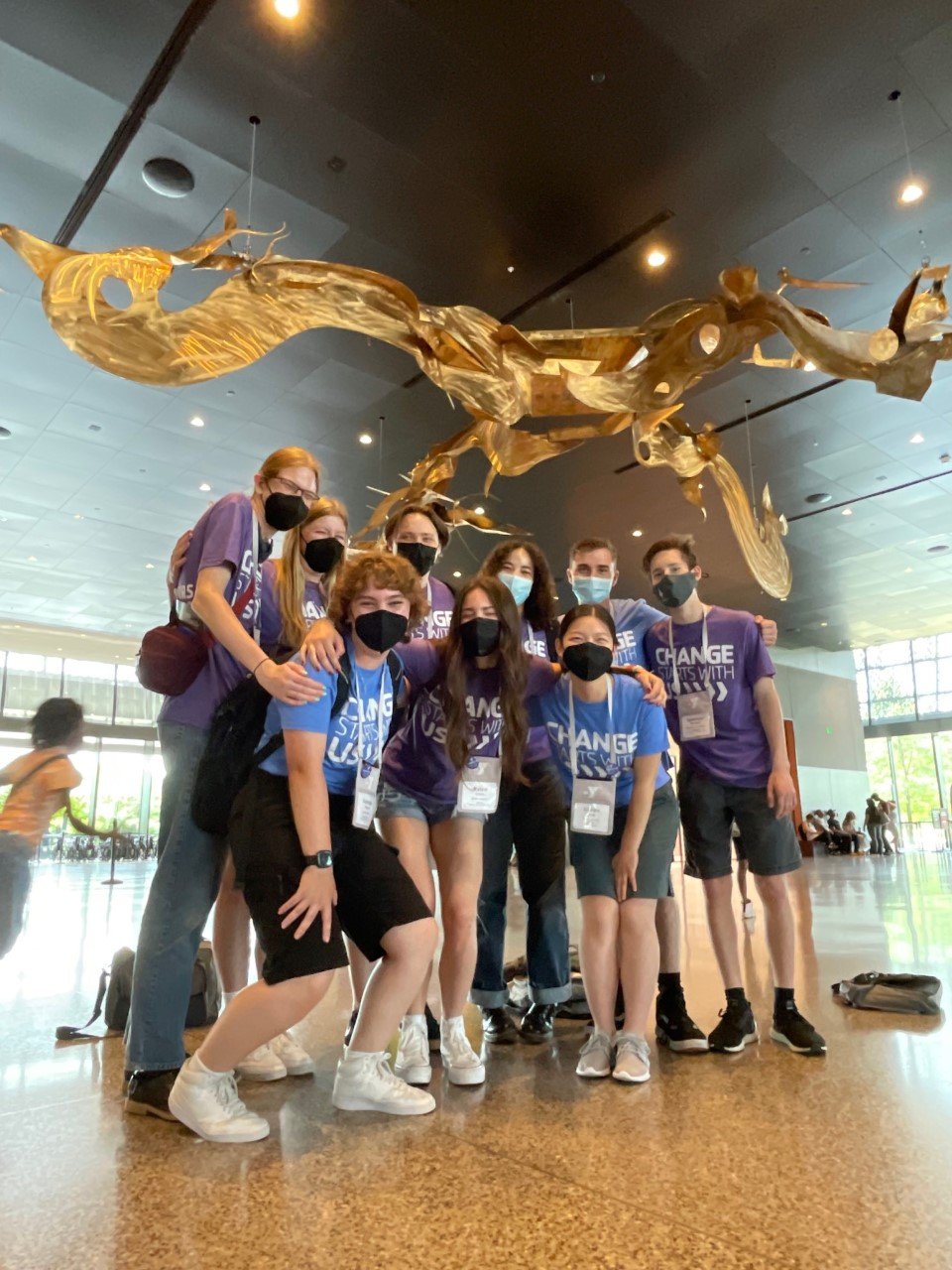The Youth Governor’s Conference is part of the Youth and Government program run by the YMCA where young people form model state governments to write, pass, and endorse bills to their actual state government. Modeled after the National Governors Association, the Youth Governor’s Conference brings together the Youth Governors from almost all 50 states to collaborate on the issues we are passionate about and learn from existing programs around the nation. This year, Alaska will begin forming its own Youth and Government program starting with the executive branch. Alaska Afterschool Network Summer Intern Lillian Yang will be leading the formation of the branch as the first Youth Governor of Alaska. Read her perspective on the the Conference and Alaska's role in bolstering youth voice below!
2022 Youth Governor’s Conference in Washington, D.C.
Wide awake on the hot Washington DC morning, I walked to the lobby of our hotel unprepared for five incredible days of lasting friendships, deep conversations, and unforgettable experiences that would amplify my passion for youth-driven change. I felt incredibly excited to learn about the issues that were important to my peers from all over the nation and how the program varied state by state, never having been in a room with people from so many different places at once. Yet, what I found was that despite our sometimes-towering differences and unique backgrounds, we shared many of the same experiences: we were all kids with voices we wanted to be heard.
Lillian touring the Capitol
On the first day, I was struck by how all of my peers, and myself, were immediately ready to dive into deep conversation. As we walked through the Museum of Natural History, American History, and African American History, I found myself talking about my United States History class while watching old campaign ads and chatting with my peers about life while perusing the “COVID epidemic” exhibit. When we weren’t talking about the museums, we talked about life in our state. I found myself describing the beautiful Alaskan weather with its long sunny days and hiking Wolverine Mountain on the weekends while, funnily, comparing the shocking differences in minimum wage and gas prices across the U.S. Ultimately, I gained a greater appreciation for the diversity across all corners of our country.
Posters at the Smithsonian Museum of American History
But beyond the simple “get to know you” talk, I found a wealth of knowledge in my peers. The day we visited the Capitol to advocate for our legislative priorities, I learned completely new things outside my usual interest areas. I learned how many rural communities in Maine, like Alaska, had poor or no broadband connection, exasperating the inequities between rural and urban communities. I learned how lack of access to healthy foods in lower-income communities in Alabama led to higher rates of obesity among economically disenfranchised, marginalized groups. I learned about lack of medicine access during disaster relief in Louisiana where hurricanes continuously have ravaged communities. Beyond simply knowledge, I learned how my peers were actively working on these issues in their local government, school, or non-profit organization. Perhaps most surprisingly , I discovered that we often found common ground as we debated the issues we were passionate about, even when we had very different viewpoints. Above all, if I had not listened in and had those conversations, I would not have gained the complex, and often opposing, perspectives on the issues that I care about that make me a more effective advocate.
“We carry a wealth of lived and learned experience that no adult has, and the drive to share it.”
The genuine conversations I had proved to me how much I could learn by simply listening to others without making assumptions about them before hearing them speak. As young people, the similar experience of not being taken seriously by adults due to our age is too common, like when talking to elected officials as non-voters. Ultimately, there is an unequivocally false narrative that young people are uninformed, passive followers in society. What my experience in DC solidified for me was the complete opposite: young people are among the most enthusiastic, knowledgeable, and engaged individuals in our nation. We carry a wealth of lived and learned experience that no adult has, and the drive to share it.
Youth voice matters because youth, more than any other demographic, must live in the world that exists around us. That means we, more than anyone else, want to live in a better world and have the passion to learn and take action to make it happen. All we need is for our communities to listen.
Visit www.ymca.org/what-we-do/youth-development/education-leadership/government to learn more about Youth and Government.
Are you a high schooler in Alaska and interested in learning more about joining the first youth cabinet (executive branch) of Alaska? Email intern2@alaskachildrenstrust.org







